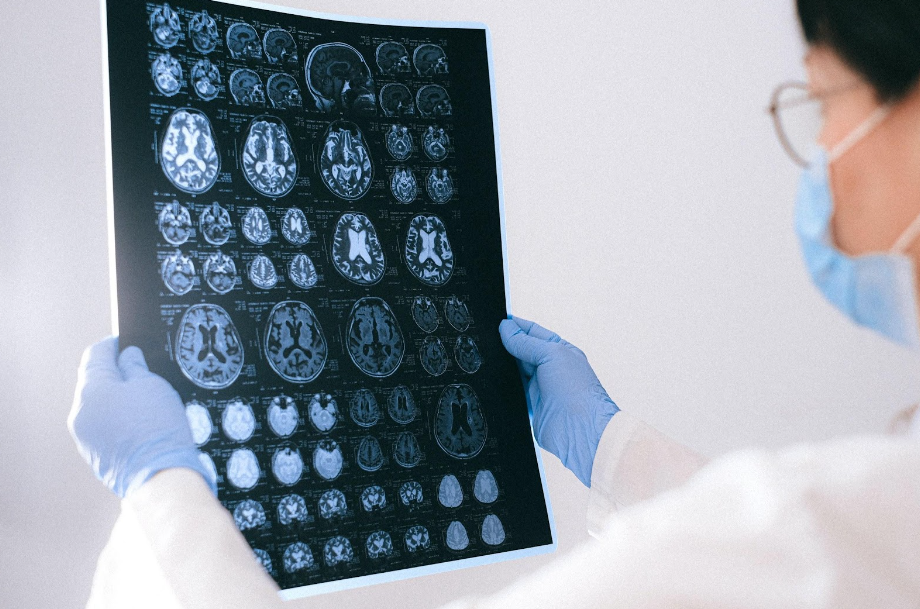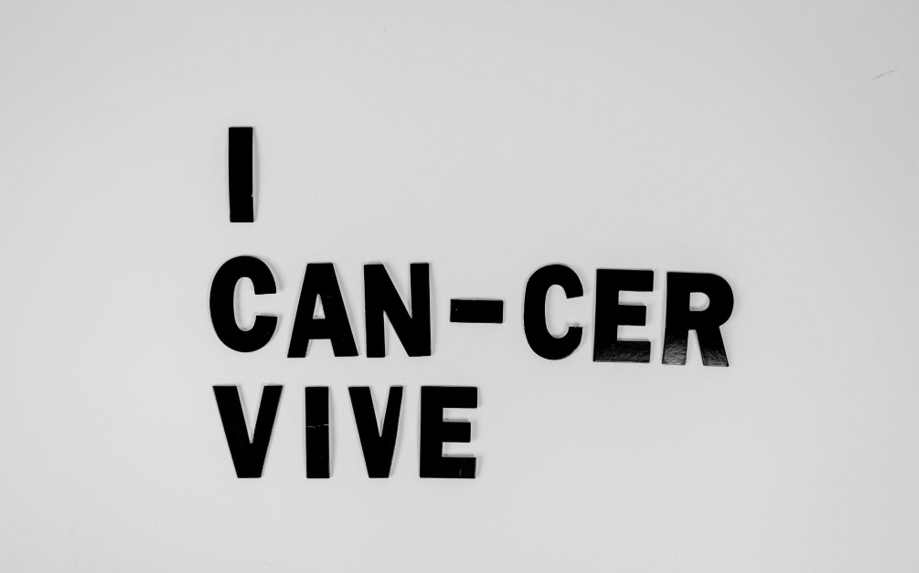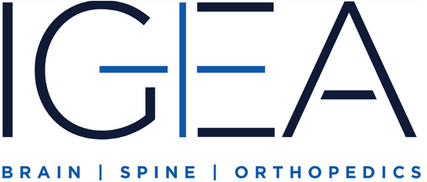Surviving a Brain Aneurysm
Brain aneurysms occur when a weakened blood vessel begins to bulge, putting pressure on the brain. Even after the aneurysm has been corrected, recovery can be a difficult time. If you or a loved one has recently survived a brain aneurysm, IGEA Brain, Spine & Orthopedics offers a brief guide to the recovery process to help you prepare for the road ahead.
THE SURGERY
The surgery itself has a significant impact on what recovery looks like. If the aneurysm was diagnosed early, for instance, patients may have the opportunity to plan ahead for surgery. More importantly, an intact aneurysm is less severe. Patients may be out of the hospital within a week after the procedure is complete and can finish their recovery from the comfort of home.
If the aneurysm bursts and bleeds before diagnosis, however, it is a medical emergency, and there is little opportunity to plan or prepare. Depending on how far the bleeding has spread, a ruptured aneurysm may also cause extensive damage before a doctor can halt it. Patients with a rupture may need a month or more to recover in the hospital before moving back home.
IMMEDIATELY AFTER TREATMENT
Whether or not the aneurysm ruptured, the period immediately after surgery is one of the most difficult. Aneurysms often leave some lasting damage that will take time to heal. Meanwhile, the procedure itself may come with a few side effects, such as:
- Tiredness or fatigue
- Difficulties with balance and coordination
- Vision anomalies
- Confusion and memory trouble
When you come home from the hospital, make sure you have a quiet place to rest while recovering. And because surviving an aneurysm is also incredibly stressful, it will be easier if you have a good support system at home. If you live alone, move in or keep in contact with close relatives who can help.
RECOVERY STRATEGIES
Doctors will likely prescribe a suite of medications to manage your pain and prevent seizures. Make sure to talk with your doctor about potential interactions and foods to avoid while on your medications.
Depending on the extent of your damage, physical therapy may also be a valuable resource. The guidance of a skilled physical therapist will help you restore your balance and coordination, regain strength, and build confidence in your movements. Meanwhile, occupational therapy will help you function more effectively at home and work. Some patients may even benefit from speech therapy.
LOOKING TO THE FUTURE
Recovery from a condition as severe as an aneurysm is a long road, and it can feel discouraging. Over time, though, your symptoms will improve. Fatigue, headaches, confusion, and vision problems should recede, allowing you to gradually return to normal activities.
Though it may seem unnecessarily long, it’s essential to let your recovery take the time that it needs. Pushing yourself will only cause more damage. Your surgeon will stick with you through the recovery process and help you decide when it’s safe to return to certain activities. Listen to your doctor, be patient, and keep to your recovery strategies, and you’ll eventually return to your former quality of life.
HELPING YOU RECOVER AT EVERY STEP
An aneurysm is a frightening and overwhelming experience, but you don’t have to go through it alone. IGEA Brain, Spine & Orthopedics is home to some of the top experts in neurovascular surgery in the New Jersey, New York, and Connecticut region. Contact us today to learn more about how we can help you on your road to recovery.







